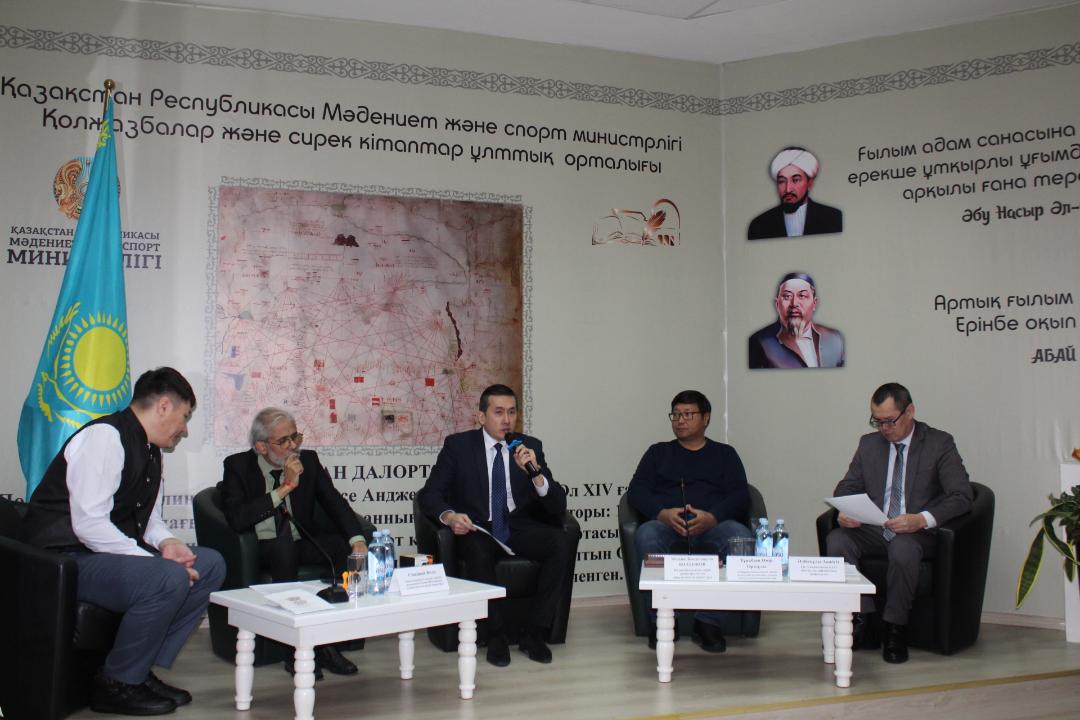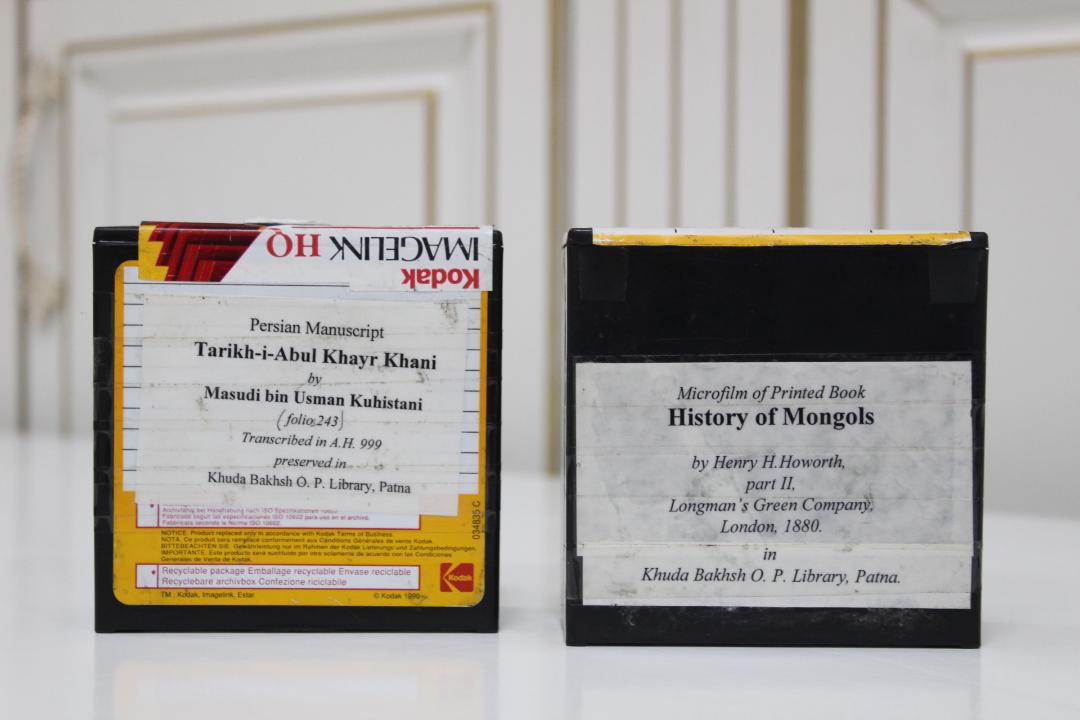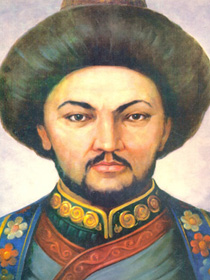ASTANA – The National Center of Manuscripts and Rare Books retrieved copies of Persian language books “Tarikh-i-Abul Khair Khan” and “History of Mongols” found in the collections of the Patna Library in India, reported the Ministry of Culture and Information press service on Dec. 25, 2023.

Archive-2025 project launched in 2017 is aimed to return to Kazakhstan rare books and manuscripts. Photo credit: gov.kz.
An extraordinary collection of rare books and manuscripts has been returned to Kazakhstan over the course of the Archive-2025 project launched in 2017.
“The Archive-2025 state project opens new opportunities for collecting all data related to the history of the Kazakhs of the world. The research expedition organized last year to India was very fruitful,” said Zhandos Boldykov, director of the National Center of Manuscripts and Rare Books.
“Specialists of the center, scientists found and delivered to their homeland copies of many valuable documents related to the history of our country. And this is only the beginning. Indian archives have accumulated a huge amount of heritage related to Kazakh history. I am sure that this work will be continued,” he added.

The National Center of Manuscripts and Rare Books retrieved copies of Persian language books “Tarikh-i-Abul Khair Khan” and “History of Mongols.” Photo credit: gov.kz.
The returned books might shed new light on the history of Abulkhair Khan, the ruler of the Small Zhuz (one of three alliances of Kazakh nomadic tribes) from 1710 to 1748. As a Chingizid (descendant of Genghis Khan), he played a crucial role in military actions against the Dzungars.
The Oirat-Kazakh war of 1723-1729 stands as a testament to Abulkhair Khan’s strategic acumen, as he successfully led his forces to victory, expanding the boundaries of his political influence across Kazakhstan.

Abulkhair Khan.
In 1731, in a pivotal move, Abulkhair Khan accepted Russian subjection, marking a significant diplomatic act that marked the commencement of the annexation of Kazakh lands into the Russian dominion.
The discovered books are a testament to the long-standing links between Kazakhstan and India, according to Sanjay Vedi, director of the Swami Vivekananda Cultural Center at the Indian Embassy in Kazakhstan.
“Our ancestors have not severed their cultural ties since the Middle Ages. Historical documents found in the archival, library collections of modern India testify to their constant close relations with each other,” said Vedi.
“Today, we presented copies of two books to the National Center of Manuscripts and Rare Books of Kazakhstan. I am sure that scientists and researchers in Kazakhstan will be able to find a lot of valuable data if they translate the books and conduct research. At this moment, I am very happy to hear about the research work of historians and scholars on Kazakh-Indian relations. You have many outstanding scholars. We will make great progress in the study of history by supporting each other,” added Vedi.

